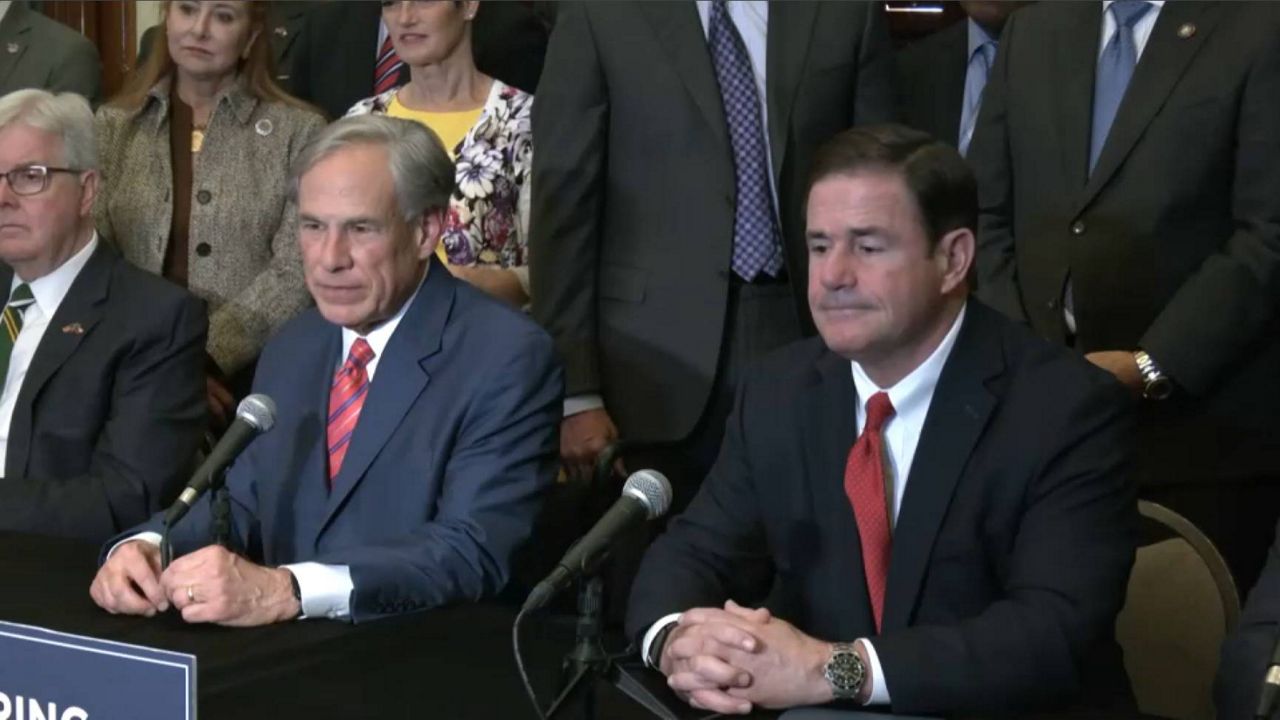AUSTIN, Texas — The Texas Medical Board is scheduled to meet Friday. Included on its agenda is possible clarification to the state’s abortion ban. After receiving public input on proposed clarification to the state’s abortion law, the board is scheduled to take action on the issue.
“There were a lot of complaints about pretty much all of it,” attorney Amy Bresnen said.
Lawyers Amy and Steve Bresnen originally petitioned the board to make changes. Following a recent Texas Supreme Court decision to uphold the state’s abortion ban, they say this is a chance for the board to codify certain details from the court’s opinion.
“The court said, you basically have to show that there’s no other reasonable physician that would support the abortion that was performed. That’s a very high standard that could be very protective of physicians,” said Steve Bresnen.
The Texas Medical Board’s qualifying conditions for an abortion are defined broadly as a medical emergency. A shared suggestion between the Bresnens and some anti-abortion advocates is that the board clarify when a doctor can intervene.
“We want the rules to clarify there is no timeline that if it is a foreseeable threat that a doctor can act immediately that’s what the law requires,” said John Seago with Texas Right to Life.
If the board continues to discuss the rule changes without deciding, there is a concern that some doctors won’t know what abortion rules to follow. Anti-abortion advocates say lawmakers may need to intervene.
“To instruct HHSC to develop kind of materials that are passed along to not just doctors and nurses but also to hospital administrators and to other hospital employees that may be involved in this decision,” said Seago.
Reproductive rights advocates say if nothing is done, more women could be permanently affected.
“I have four clients this year that that’s been their experience. They got to the emergency room with a pregnancy with the hemorrhage. And the emergency room, because there are no clear definitions. There’s no clear information within the laws surrounding the abortion ban here in the state of Texas. The emergency room staff, they’re afraid, so they do nothing,” said Qiana Arnold, a birth justice associate at The Afiya Center.
There is also still a push from some reproductive rights advocates for the board to include a specific list of qualifying conditions, but board members say that won’t simplify the situation for doctors.











